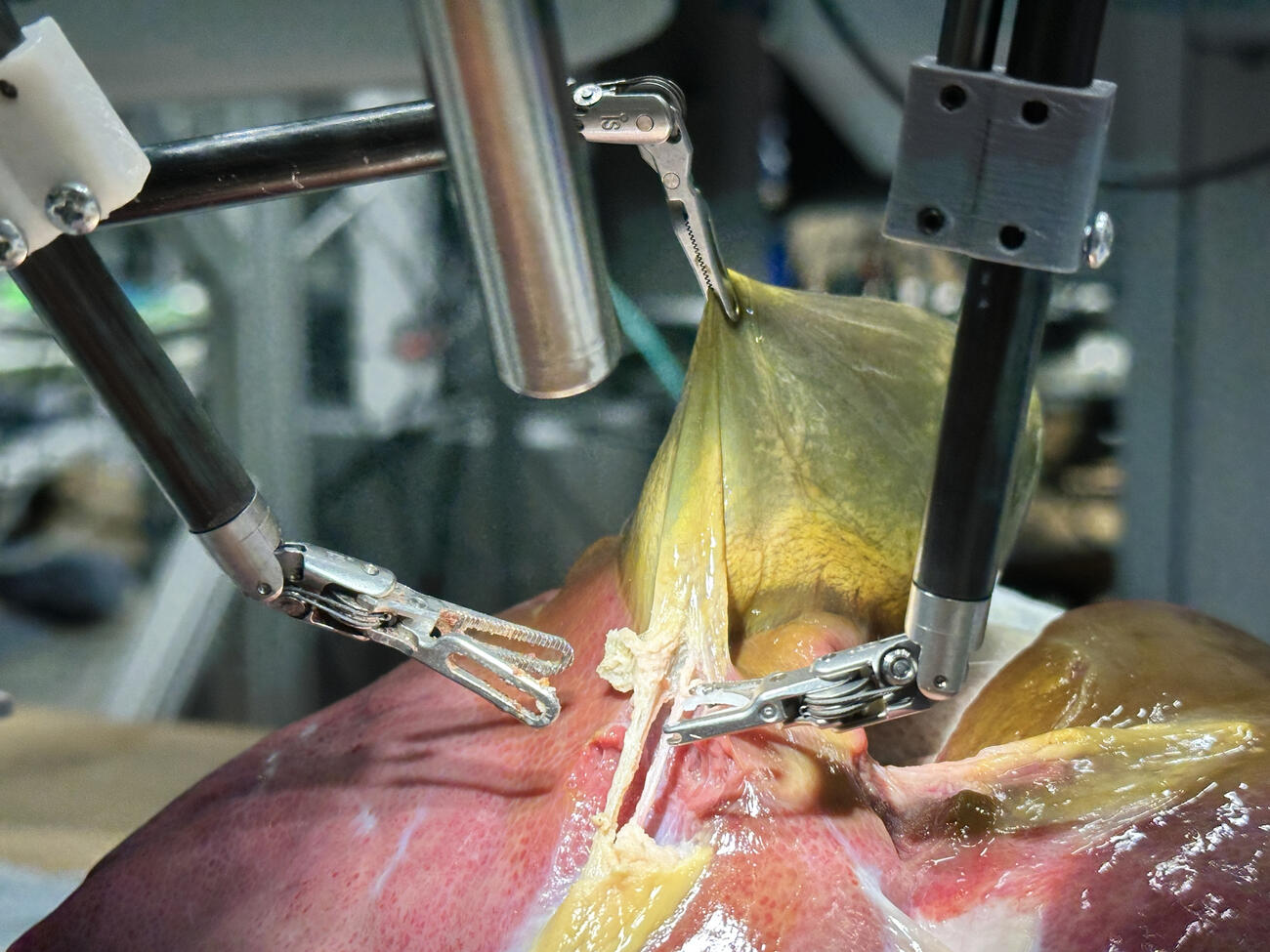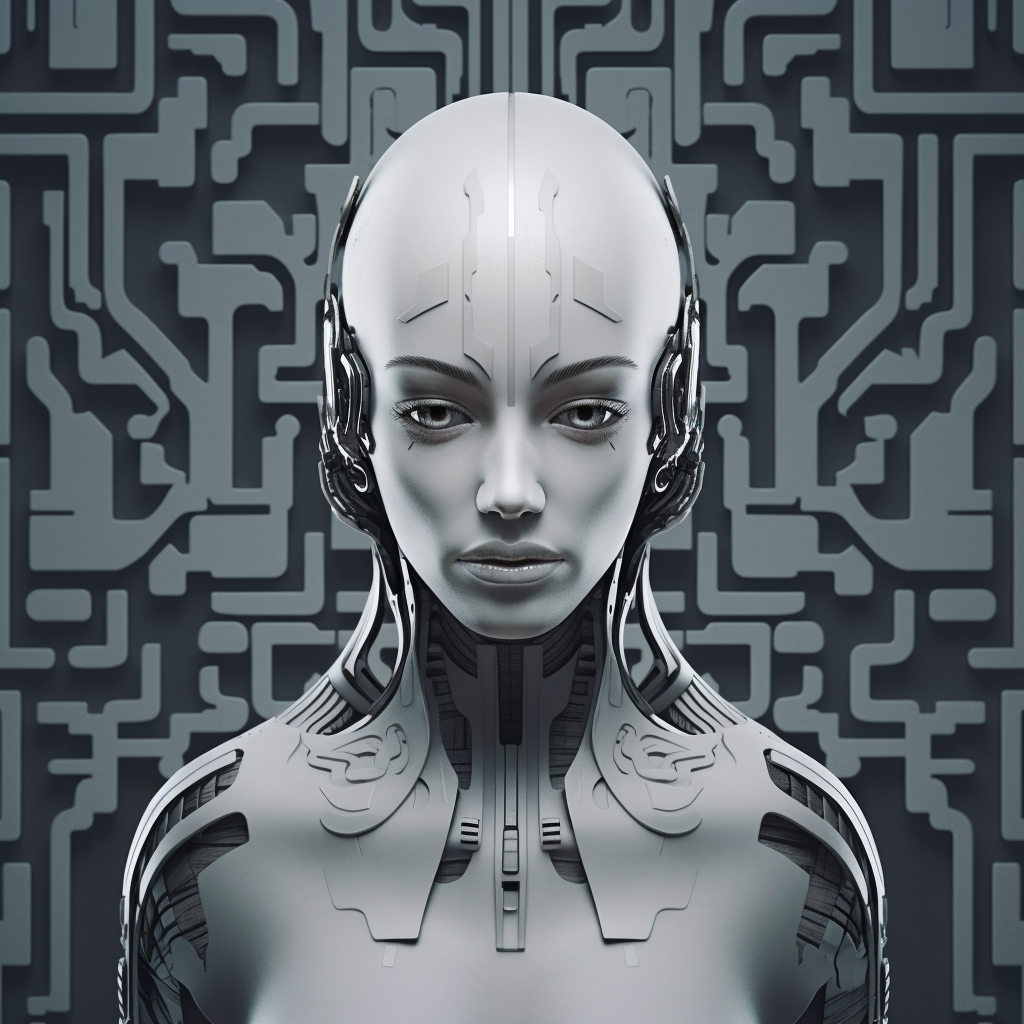A robot trained on videos of surgeries performed a lengthy phase of a gallbladder removal without human help. The robot operated for the first time on a lifelike patient, and during the operation, responded to and learned from voice commands from the team—like a novice surgeon working with a mentor.
The robot performed unflappably across trials and with the expertise of a skilled human surgeon, even during unexpected scenarios typical in real life medical emergencies.
without human help
…
responded to and learned from voice commands from the team
🤨🤔
Naturally as this kind of thing moves into use on actual people it will be used on the wealthiest and most connected among us in equal measure to us lowly plebs right…right?
My son’s surgeon told me about the evolution of one particular cardiac procedure. Most of the “good” doctors were laying many stitches in a tight fashion while the “lazy” doctors laid down fewer stitches a bit looser. Turns out that the patients of the “lazy” doctors had a better recovery rate so now that’s the standard procedure.
Sometimes divergent behaviors can actually lead to better behavior. An AI surgeon that is “lazy” probably wouldn’t exist and engineers would probably stamp out that behavior before it even got to the OR.
That’s just one case of professional laziness in an entire ocean of medical horror stories caused by the same.
Or more likely they weren’t actually being lazy, they knew they needed to leave room for swelling and healing. The surgeons that did tight stitches thought theirs was better because it looked better immediately after the surgery.
Surgeons are actually pretty well known for being arrogant, and claiming anyone who doesn’t do their neat and tight stitching is lazy is completely on brand for people like that.
Eliminating room for error, not to say AI is flawless but that is the goal in most cases, is a good way to never learn anything new. I don’t completely dislike this idea but I’m sure it will be driven towards cutting costs, not saving lives.







